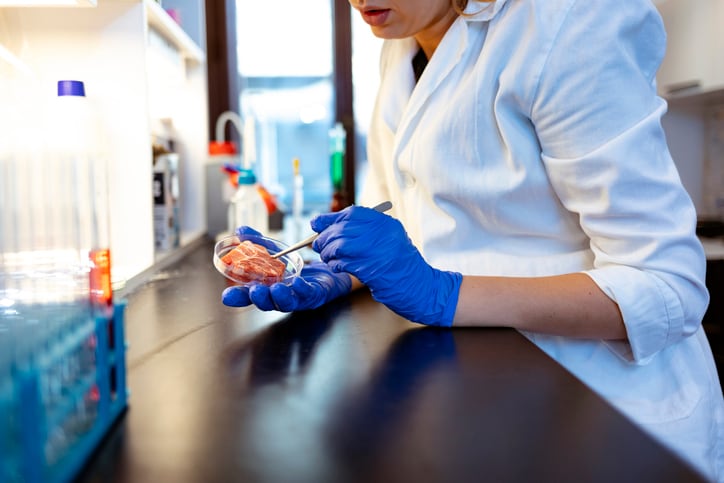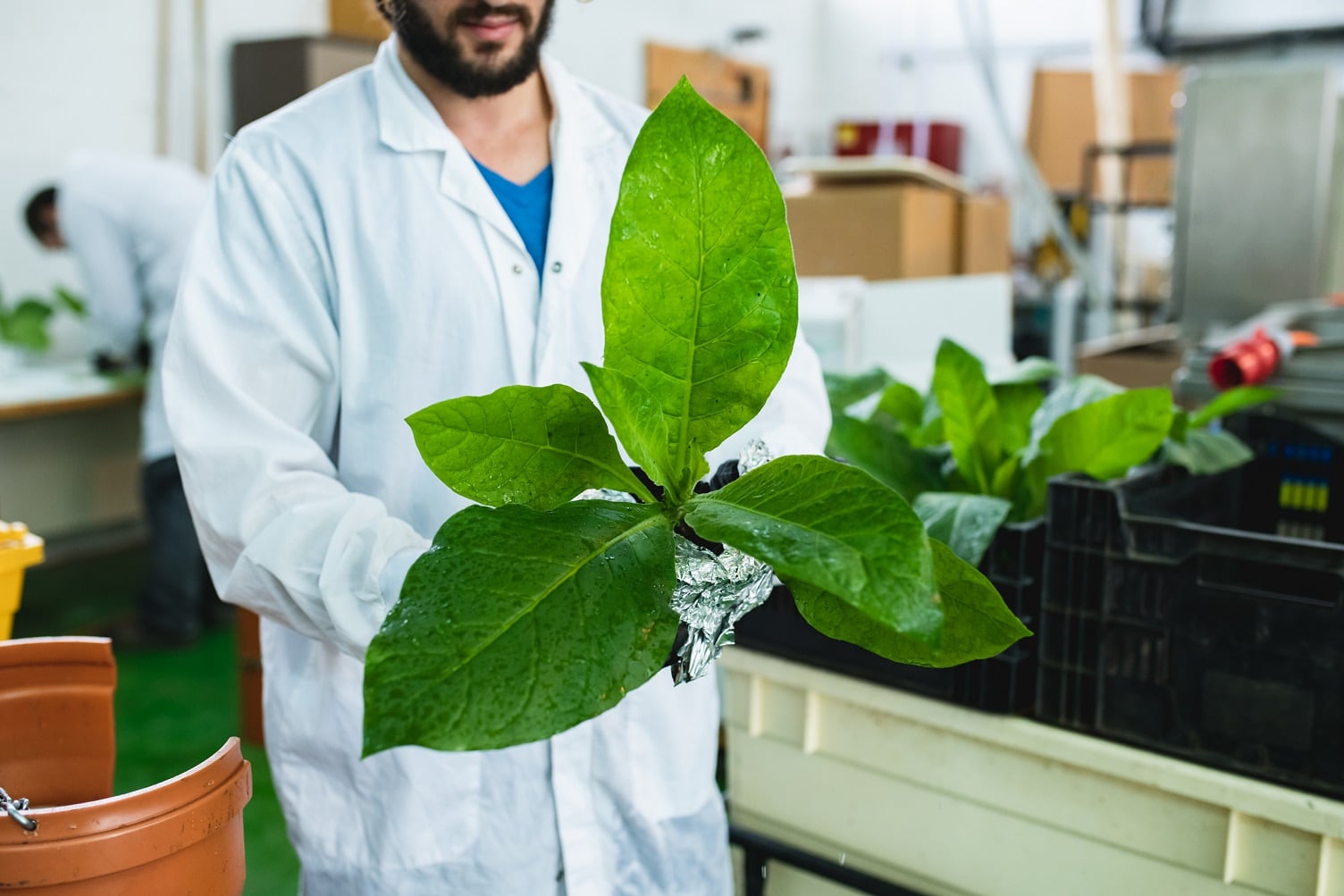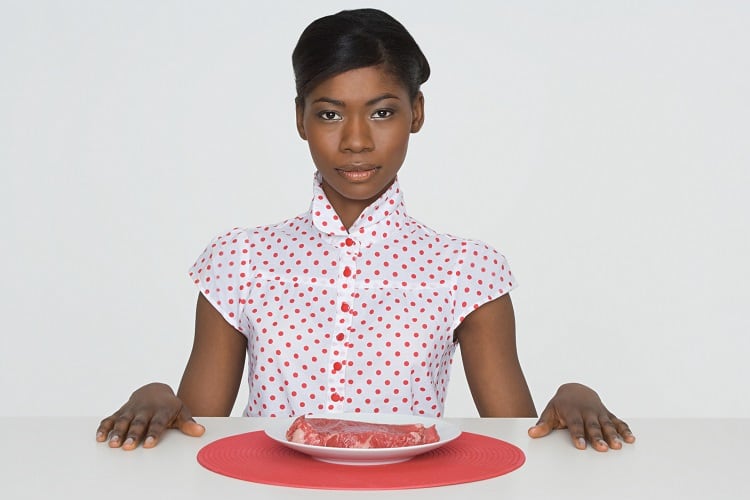Cell-based meat is loudly billed as a solution to industrial livestock's environmental and ethical footprint. It has gained interest from investors thanks to its potential to boast the same taste and texture as conventional meat and thus appeal to committed carnivores.
Also called cultured or cultivated meat, it's assumed to pose a threat to farmers. But nobody has actually bothered to ask them yet, according to group of over 20 farming groups, scientists and start-ups. Led by the Royal Agricultural University (RAU) in the UK, they promise to look in-depth into the effects the lab-grown meat industry may, or may not, have on farm businesses and landscapes, who the winners and losers could be, and what policies might influence this.
For example, is cultured meat more likely to displace chicken and pork, or beef and lamb? What agricultural ingredients does it need? Could it even be ‘craft brewed’ on farms one day? Given the industry’s nascency (Singapore is the only country to have approved a cultured meat product for commercial sale), these are questions that cannot yet be answered.
“This research is about working with farmers to investigate the threats and opportunities that the technology poses to them, as well as the environmental and health impacts,” said Tom MacMillan, Elizabeth Creak Chair in Rural Policy & Strategy at the RAU, who is leading the initiative. “It is still at a stage where the findings can shape investment and policy and how this turns out.”
He told FoodNavigator the cell-based meat sector boasts many avenues for technical innovation that are only just starting to be explored.
“Clearly there are a lot of understandable concerns in the farming industry, particularly among livestock farmers, about what alternative proteins in general, including cultivated meat, would mean for them.
"There's been lots of work about ethics, consumer acceptance and how regulators are to be engaged with. But what it means for farmers has not been really investigated as much.”
A complementary relationship?
Will cell-based meat emerge as a separate non-agricultural production system that's a direct and distinct rival to agriculture? MacMillan suspects and hopes the cell-based sector will develop in tandem with the farming industry. For example, the project will attempt to understand much better what potential agricultural products might be used in cultured meat production.
Cell-based meat’s manufacturing process begins with finding stem cells from an animal. These cells are then grown in bioreactors. These cells are fed nutrients such as amino acids, glucose, vitamins, and inorganic salts, and supplemented with proteins and other growth factors.
More research is needed to uncover the best materials and methods for constructing different types of cultivated meat products. According to MacMillan, farmers might therefore find a market selling grains and grasses to cultivated companies to feed and grow the cells. Ditto, farmers might may also find a market supplying the industry with the scaffolding that provides structural support for cells to grow.
The project will look at different scenarios into how cultured meat tech may develop. There may be different impacts for poultry verses beef or sheep and arable farmers, explained MacMillan. He asked: "Does this stuff end up competing with industrial chicken production in terms of price? Or does it end up being much more high end and competing with high welfare organic and conservation-grazed conservation grazed beef? We don’t know yet.”
There’s also potential for farmers to diversify into cultivated meat and buy DIY production facilities to allow them to produce their own products.
Of course, there’s potential that nothing may not happen at all. While the threat posed by lab-grown meat to livestock farmers is implicit, many of them simply view it as an irrelevance, or the ‘emperor’s new clothes’ of the food tech world.
“We won't predict what's going to happen but we will explore where the risks and opportunities lie,” continued MacMillon. Crucially, he stressed, project has been developed with farming organisations, cultured meat businesses, food companies, charities and government, who will continue advising the research. “The idea is to try and figure this stuff out together,” he told us.
There is ‘both curiosity and concern’
The project will start in September 2022 and run for two years. Other members include LEAF, Soil Association, Innovation for Agriculture, Cellular Agriculture, Aleph Farms, Multus Biotechnology, Sainsbury’s, Campden BRI, Food, Farming & Countryside Commission, ProVeg International, Green Alliance, RSPCA, Breakthrough Institute, Good Food Institute Europe, New Harvest.
Project co-lead Dr Alex Sexton, Leverhulme Trust Early Career Research Fellow in Geography at University of Sheffield, added: “Previous research on the impacts of cultured meat has been mostly speculative and focused on the global agricultural picture without much input from farmers.
“We’ll take a more localised approach to explore what cultured meat could mean for a range of real-life agricultural businesses. We want to hear from farmers across the UK who are interested in being involved.”
Project partner Illtud Dunsford, CEO of Cellular Agriculture Ltd and a farmer himself, said: “The cultured meat industry is still taking shape. It’s yet to be seen what role agricultural products will have to play in the long-term future of this nascent industry and that’s something we aim to find out. While farmers and cultured meat businesses are seen as rivals, could they help to feed the world sustainably by working together?”
Caroline Drummond MBE, Chief Executive of LEAF (Linking Environment and Farming), one of the project’s advisors, said: “Cultured meat and its production are still very novel and their impacts on the food system, farm businesses, and wider society, are not yet fully understood. Understandably, there is both curiosity and concern around this new technological innovation and LEAF is proud to be part of these important conversations.
“This project aims to help shape new policy, regulation, and investment, to mitigate against any serious risks, while also optimising any new opportunities that cultured meat offers to advance more sustainable and climate positive global farming and food systems.”





